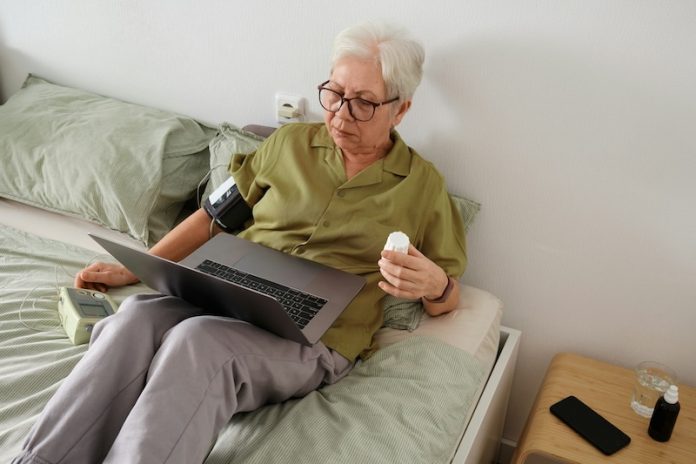
Scientists from Harvard have discovered that nearly 1 in 5 people with high blood pressure may be unknowingly taking medications for other health conditions that actually raise their blood pressure.
This surprising finding could have serious consequences, especially since high blood pressure—also called hypertension—can lead to heart attacks, strokes, kidney damage, and even vision loss if not properly managed.
High blood pressure is a very common condition, and many people try to manage it with a combination of healthy habits and medication. Eating less salt, staying active, maintaining a healthy weight, and taking prescribed blood pressure medicine can often help bring blood pressure down to safer levels.
But this new research shows there might be an overlooked problem: some medications that people take for completely different reasons could be working against those efforts.
The study, led by Dr. Timothy Anderson and published in JAMA Internal Medicine, analyzed data from nearly a decade of health records collected through a large national survey in the United States, known as the National Health and Nutrition Examination Survey (NHANES).
The team looked closely at the medications taken by people with high blood pressure to see if any of them might be interfering with blood pressure control.
They found that 18.5% of adults with high blood pressure were taking at least one medication known to raise blood pressure. These drugs include:
- Antidepressants, used to treat depression or anxiety.
- NSAIDs, such as ibuprofen, often taken for pain or inflammation.
- Steroids, used for conditions like asthma or arthritis.
- Hormonal medications, including birth control pills and hormone replacement therapy.
- Decongestants, found in many cold and flu medications.
- Weight-loss pills, which may increase heart rate or blood pressure.
While these medications are important for treating other conditions, their side effect of raising blood pressure can make it harder to keep hypertension under control. The study found that people who were taking these medications were more likely to have uncontrolled high blood pressure—especially if they weren’t also on medicine specifically to lower it.
Even those who were taking blood pressure medications sometimes needed higher doses to counteract the effects of these other drugs. This means that their overall treatment was less effective and could put them at greater risk for health problems.
The good news is that this problem can often be solved through better communication between patients and their healthcare providers.
Many people see more than one doctor for different health issues, and not every doctor may be aware of all the medications a patient is taking. That’s why it’s so important for patients to regularly review their medication lists with their doctors or pharmacists.
In some cases, it may be possible to switch to alternative treatments that don’t raise blood pressure. For example, a different kind of antidepressant, a non-NSAID pain reliever, or a nasal spray that doesn’t contain decongestants might be safer choices for someone with high blood pressure.
This study is a reminder that managing high blood pressure isn’t just about taking pills specifically designed to lower it. It’s also about understanding how other medications could be affecting the body in ways that aren’t immediately obvious.
Small changes, like adjusting a prescription or choosing a different treatment, can sometimes make a big difference in blood pressure control.
For people living with high blood pressure, this research offers a simple but powerful message: keep your doctors informed about every medication you take, including over-the-counter drugs. Ask whether any of them might be making your blood pressure worse, and work together to find the safest and most effective treatment plan.
With the right information and open conversations, patients and doctors can make smarter choices that improve health and lower the risk of serious complications.
If you care about blood pressure, please read studies about unhealthy habits that could increase high blood pressure risk, and eating eggs in a healthy diet may reduce risks of diabetes, high blood pressure.
For more information about blood pressure, please see recent studies that early time-restricted eating could help improve blood pressure, and results showing 12 foods that lower blood pressure.
Copyright © 2025 Knowridge Science Report. All rights reserved.



